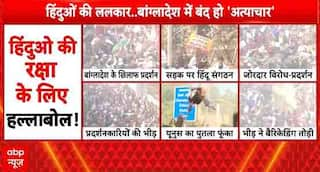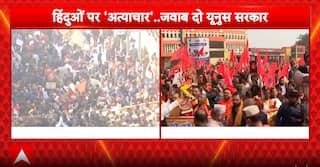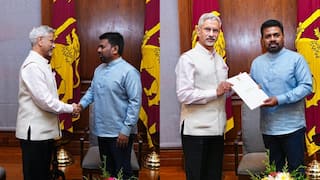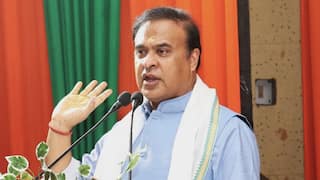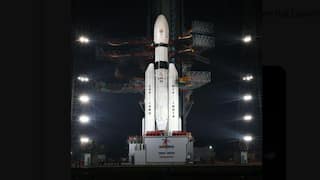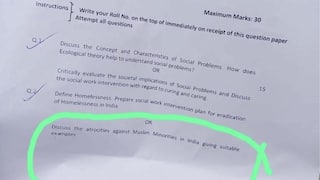Statistics Day 2023: What This Year's Theme On 'Monitoring Sustainable Development Goals' Means
Statistics Day: The aim of Statistics Day is to create public awareness about Mahalanobis's role in statistics, and the importance of the field in socioeconomic planning and policy formulation.

Statistics Day: June 29 is observed as Statistics Day every year in India to commemorate the birth anniversary of Prasanta Chandra Mahalanobis, an Indian scientist and statistician who devised a statistical principle to compare data sets, and applied statistics to economic planning for flood control.
This year's theme for Statistics Day is "Alignment of State Indicator Framework for Monitoring Sustainable Development Goals', the Union Ministry of Statistics & Programme Implementation said in a statement Wednesday.
This year's theme will integrate certain frameworks at the state and national level to monitor sustainable development goals.
The main event of Statistics Day 2023 will be organised at the Scope Convention Centre in Lodhi Road, New Delhi.
Statistics Day is always celebrated with a theme of contemporary national importance, the statement said.
The Ministry will organise an 'On the Spot Essay Writing Competition' for postgraduate students, the winners of which will be awarded during the event.
About Mahalanobis
Mahalanobis attended the University of Cambridge, where he studied physics and mathematics.
Mahalanobis developed several practical mathematical and statistical methods, including the Mahalanobis distance, which he applied to India's social and economic problems, according to Britannica. The statistician's methods had a major role to play in India's industrialisation in the 1950s and 1960s.
Mahalanobis found a method to calculate agricultural productivity using random sampling methods, and devised a technique to assess socioeconomic conditions.
He founded the Indian Statistical Institute in Calcutta in 1931. In 1950, he founded the National Sample Survey, and in 1951, the Central Statistical Organization. These are statistical agencies which perform the collection of government data.
From 1955 to 1967, Mahalanobis served on the Planning Commission of India, and applied his mathematical reasoning to Indian industry.
Mahalanobis performed work in other fields such as physics, anthropology, meteorology and biology.
Mahalanobis served as the chairman of the United Nations Sub-Commission on Sampling from 1947 to 1951. In 1949, he was appointed the honourary statistical adviser to the government of India. The Indian government awarded him the Padma Vibhushan in 1968, for his contributions to statistics.











